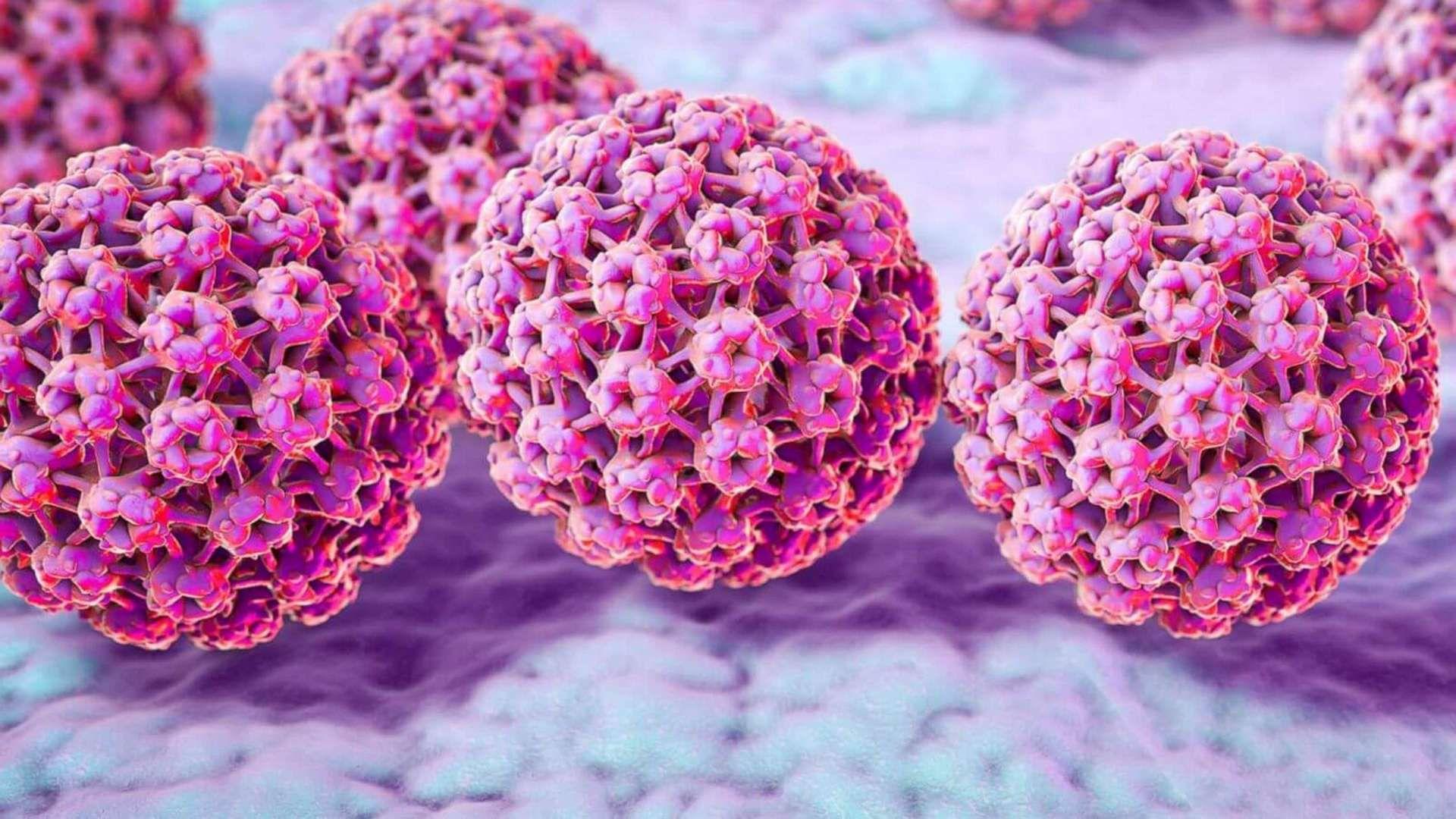Their color varies from pink, whitish, skin color or darker. Warts can appear several weeks or even months after HPV infection, and the types of virus responsible for them do not seem to cause cancer.
What are the symptoms of genital warts?
Most people with genital warts do not have any symptoms. In some cases, the signs and symptoms of genital warts include itching, discomfort or burning in the genital area. To diagnose the condition, the doctor will perform a pelvic examination. In the case of diagnostic doubt, it is required to take a sample for biopsy.
How are genital warts treated?
There are various treatments, both pharmacological and invasive, to remove genital warts. The choice of the appropriate treatment depends on the number of warts, their location, any previous treatments, and finally, the patient’s priorities. In any case, there is a high risk of recurrence, especially in the first months after treatment. This is because the HPV virus can be located in adjacent areas, without causing lesions to be detected. For the same reason, the patient can still transmit the virus after treatment.
Pharmaceutical treatments are applied topically to the lesion for a few weeks and slowly destroy the warts or strengthen the body’s defenses against HPV infection. In case of persistent lesion, multiple warts, infection in the vagina, anus or urethra and in case of coexisting precancerous lesions, invasive treatments are preferred. These may include cryoablation, cauterization and laser sublimation, which destroy the lesion, and sometimes require surgical removal of the affected area.
Can genital warts be prevented?
Yes. Among the available HPV vaccines, some protect against types 6 and 11 that are responsible for 90% of the warts. The effectiveness of vaccination is greater when carried out before the onset of sex life. It is stressed that the condom reduces the risk of HPV infection, without, unfortunately, providing full protection. This is because the virus may be found in parts of the genital area that are not covered by the condom.











